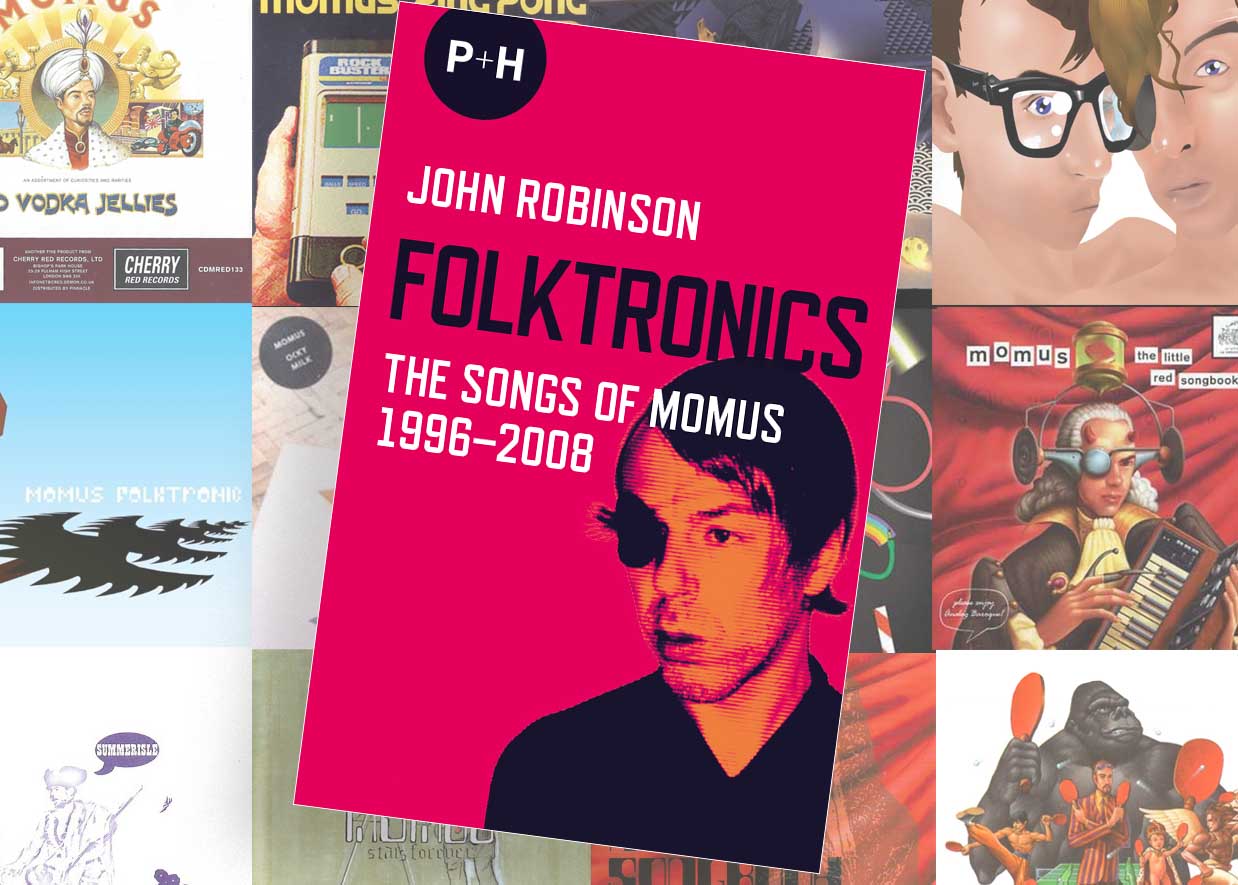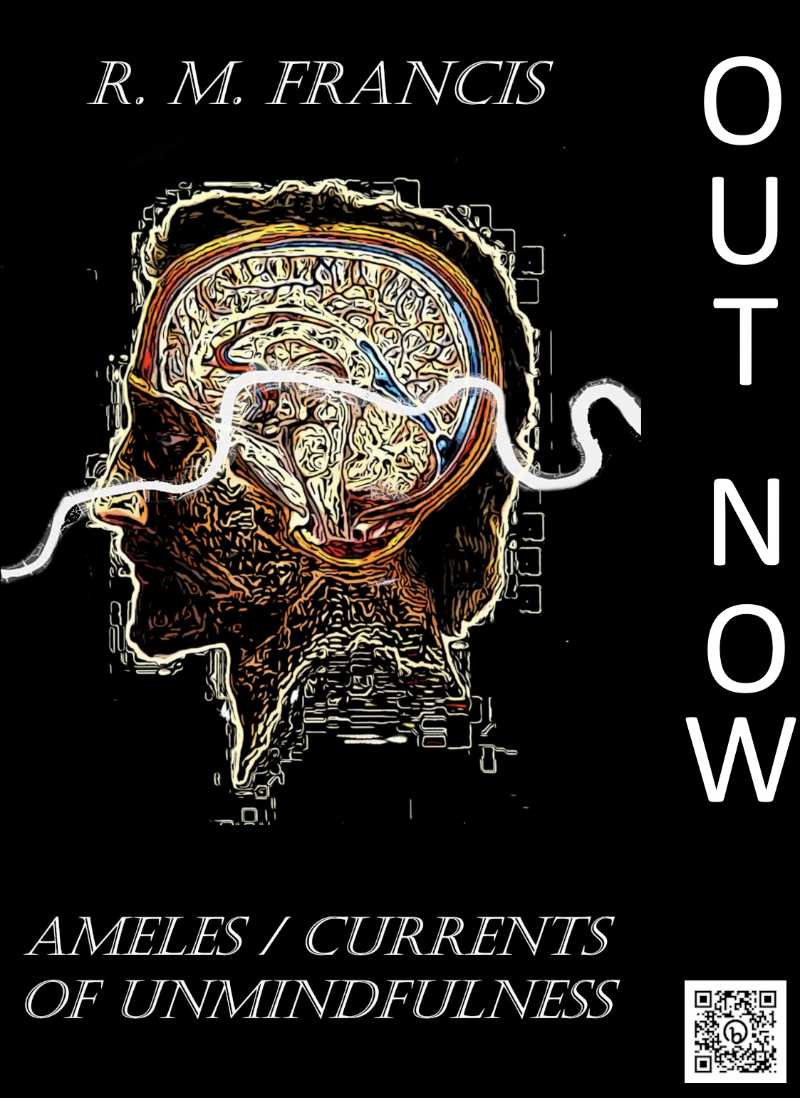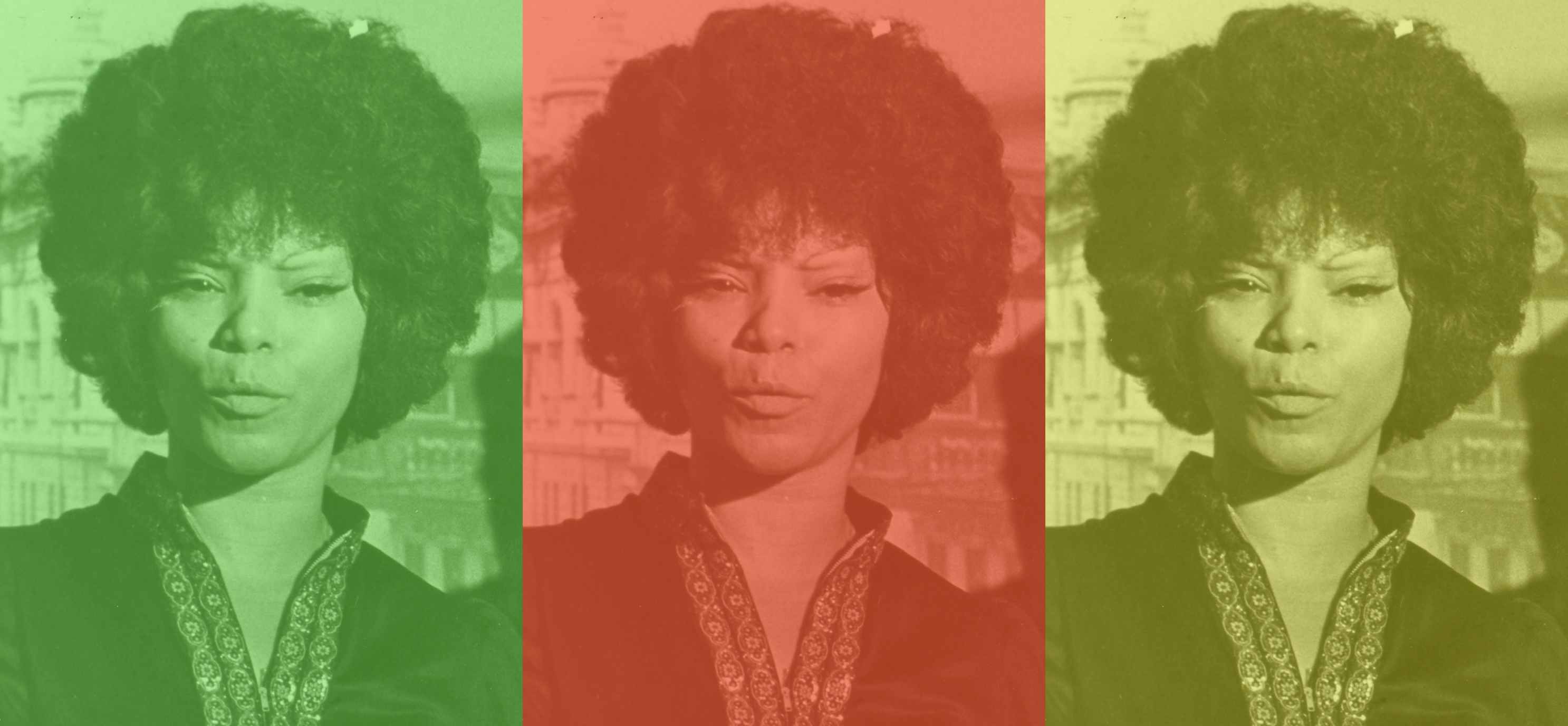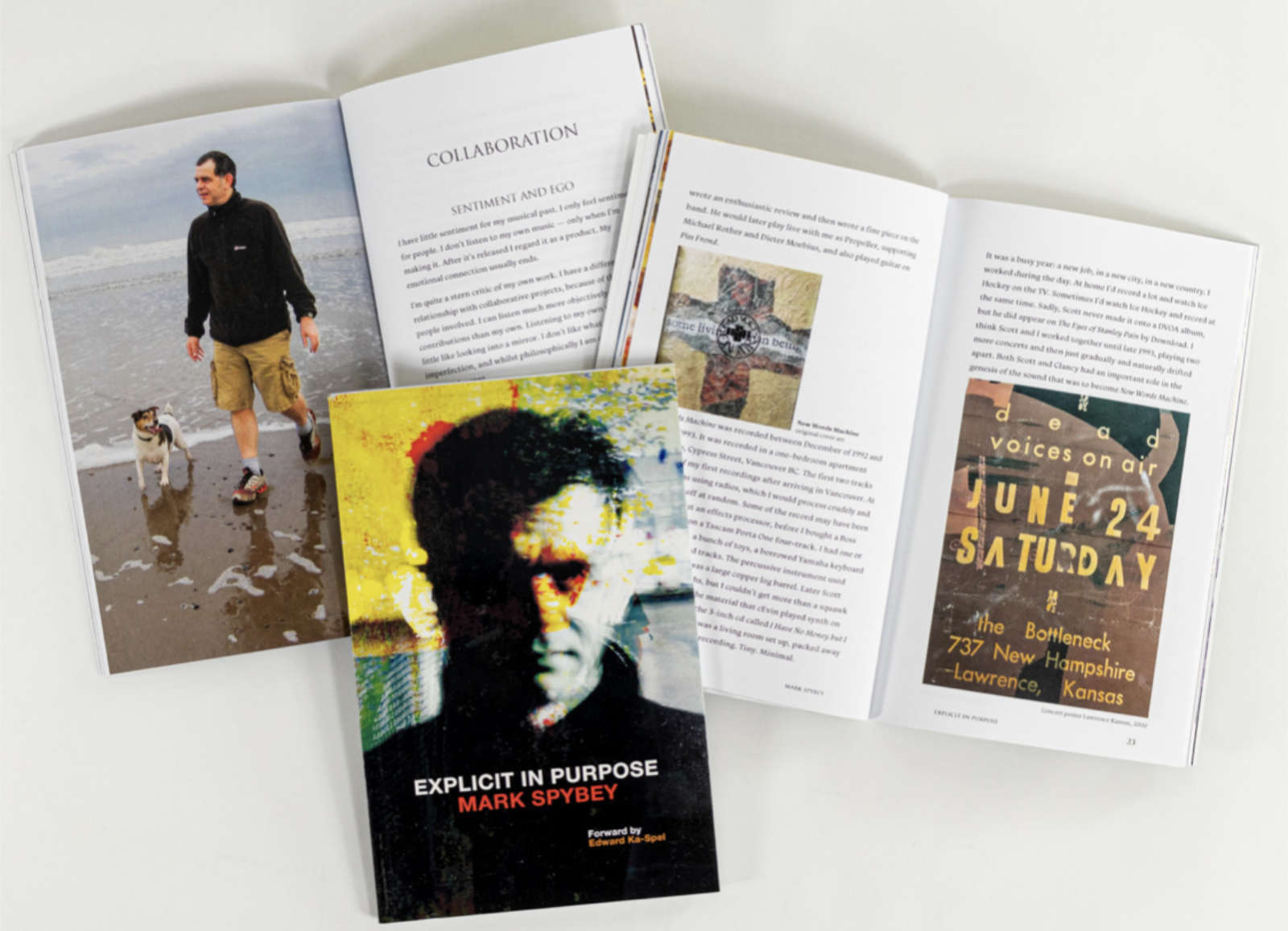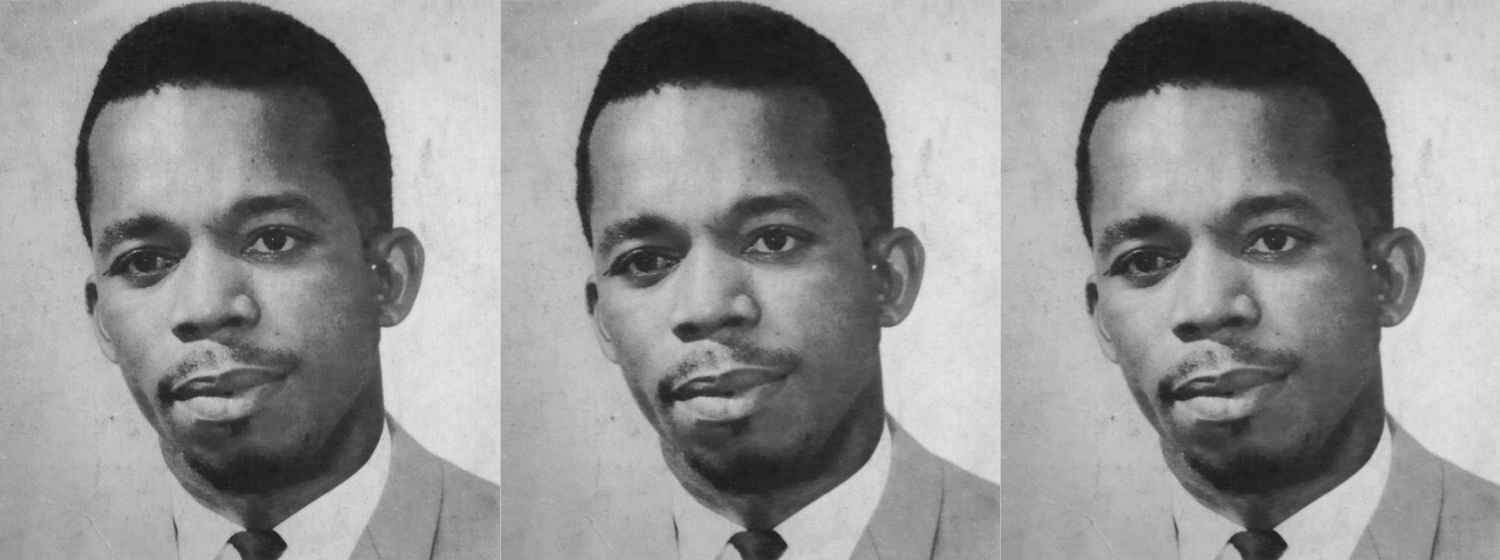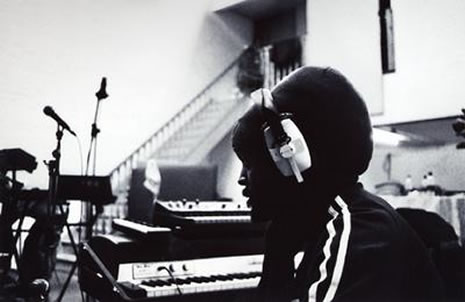As I write this, Momus is online, unveiling another song from his forthcoming album 'Yikes' – I believe that this may be his thirty sixth (excluding compilations and side projects), but I can't be sure. The fact that I have now lost count of how many records Momus has made means that, as well as it being a symptom of my age, what I really need is for someone to guide me through the complete works of Nick Currie (AKA Momus).
Such a guide would be able to give further explanation to the songs that I thought I understood as well as leading me in the direction of other music that I never knew existed. The guide would also encouragingly remind you that you were right to become fascinated by this unconventional singer-songwriter in the first place. Fortunately, that guide does exist, and his name is John Robinson.
John has already published one book on the work of Momus ('Famous For Fifteen People – The Songs of Momus 1982 – 1995), it covered a period when you could still buy his albums in HMV or still read, admittedly frequently unflattering, reviews in the weekly music press. A period when Momus was signed to the ambitious indie Creation and let us not forget (and we're shocked that this hasn't been mentioned in the wall-to-wall tributes), that 'Hairstyle of the Devil' was once the single of the week on Steve Wright's Radio One show. But after leaving Creation what next? It became increasingly difficult to trace where Momus was. Well, that's where Robinson's new book 'Folktronics – The Songs of Momus 1999 – 2008' (and his ever-expanding blog 'Fifteen People') is so important.
I wanted to start by asking John, whether not it was harder writing about an artist who now seemed to be disappearing from view.
John Robinson: Well, the amount of online material about him actually goes up. As soon as both he and his audience have access to the internet, there is much more about him available. Much more than there was in the 1980s.
Having said that, I did spend quite a lot of time trying to find out what I could about the people on 'Stars Forever' (Note: the album where Momus wrote thirty songs – one about every person or group who commissioned a song at a price of $1,000 – to assist with the cost of a lawsuit that Momus had incurred). I even tried to find out who the karaoke winners were (on his previous album, 'The Little Red Songbook' in 1998, Momus asked people to send in recordings of them singling along to karaoke versions of songs on that album).
Outsideleft… I was going to ask about the karaoke winners. Does Nick (Currie), have a collection of the tapes of those winners from 'The Little Red Songbook'? He strikes me as someone who collects everything.
JR: I think he knows who they all are, but he's not told me who they all are. I was able to find most of them and that information is on the 'Fifteen People' blog. I've not put that into the book as my editor started getting worried about how long the book was becoming.
OL: We touched on this earlier, but the advent of the Internet seems to be so important to Momus, he's an early adopter isn't he?
JR: Yes, definitely. If you think about the whole idea of being 'famous for fifteen people', well that depends totally on the Internet. And from the moment he started writing about that, I think he understood how that was how he would maintain some kind of presence, once it became clear that pop stardom was not going to be the way forward in this country. He found that the Internet was by far the best way of maintaining contact with his fans, he was always interested in doing that. He was always interested in gathering information shall we say and was one of the first people to see blogging on the Internet as an art form, rather than just a way of disseminating information. The way he got this two-way communication working between him and his audience was quite admirable as well.
OL: One passage that I really liked, in the preamble to the discussion of 'Coming in a Girl's Mouth' (from 'The Little Red Songbook') is that: 'What the work of Momus demonstrates above all is this: there is no topic which is beneath, or above, the remit of the lyricist or artist to examine.' Which made me wonder about the freedom that Momus would have had as an artist after leaving behind the confines of a vaguely well-known record label.
JR: Well, even on Creation Records (NB: by coincidence, Momus left the label the year that it signed Oasis), he was relatively free. But even so, the bounds that he transgressed, which were not just content, but also behavioral. What a pop star/ rockstar is supposed to be doing? He couldn't continue. So, when it comes to him having his own record label (with Matthew Jacobson), it's much wider open for him, he's much freer. Losing the possibility of becoming a 'pop star' in the generic sense made him completely free.
OL: Another thing that strikes me about the songs in this period such as 'How To Get (And Stay) Famous', 'My Kindly Friend, The Censor' and probably even 'Born To Be Adored' is that he is singing a lot about being Momus…
JR: Yes, 'Momus' has always been a mask that he (Nick Currie) wears. Okay. It's a character, so whenever he talks about Momus, he's not talking about himself exactly. Momus was able to do and say things, especially in the '90s, which are far more shocking than Nick Currie would do on a person-to-person basis.
He's able to then explore what it is to wear that mask. On some of the songs he's almost saying, 'Well this is what it is that I'm putting on, I will describe it to you'. So you get some sense of what it is to be a fake. He's very concerned with the idea of being a fake, and admitting that you are fake is the greatest reality you can present.
OL: …which leads me to the 'Folktronic' album and the idea of 'fake folk'! Personally, I think that the concept of 'folk music' being used as a term to describe music that is written on acoustic instruments in the 21st century is absurd. In the chapter on 'Folktronic' (2000) you refer to the point that Adam Curtis made in his 'Can't Get You Out of My Head' documentary – that Cecil Sharp, who collected English folk tunes in the early 20th Century, created a kind of myth…
JR: Picking up an acoustic guitar and calling the music that you create 'folk music' is ludicrous! I also think that if folk music is the music 'of the people' nowadays, well then it is going to be made electronically, not on acoustic instruments. But 'folk music' was never real, it was always manufactured in the same way that every type of music is manufactured. Momus hasn't said this but if you were to go back to a medieval village, the folk songs would be made for a reason, they were probably being sponsored (laugh), maybe a lord of the manor wanted a song to make people dance around the maypole to. You know, what do you mean? It's all advertising, maybe to spread news or information or to record a particular story that's going to have a particular message that needed spreading.
So if you bring that idea forward in time. Let's just admit it's all fake. Let's make music, which states that it is fake. And in that, there is an honesty which wasn't there to start with. So, with Momus, the music would include electronics and would be mixed up with something similar to what Alan Lomax was recording. I think that one of the fundamental contradictions of using electronic equipment to record folk music, is that it's not supposed to be electronic… Folk music is only supposed to be an oral tradition. So by plugging in, recording it, and analysing it then you're faking! So why not create a new sort of paradigm of what folk music is for now, which is where folktronics comes from.
OL: You've mentioned in the past that 'Oskar Tennis Champion' (2003), is one of your favourite Momus albums. What is it that makes that album so important to you?
JR: I think that it was the time it was, I'd just got divorced, and people in my life were dying. On that album, there's 'Palm Deathtop' - which is about death, and that song hit me especially hard. And there's 'The Last Communist' which is a brilliant pop song... And then there was 9/11, which although that didn't affect me personally, there were a lot of changes of circumstances going on around me…
OL: Touching on 9/11, Momus was living in New York at the time. I read that he saw it as the defining point of the 21st century, that we wouldn't have Brexit and Trump if it wasn't for 9/ 11…
JR: For Momus, it was more about what happened immediately in the aftermath, how various prejudices, and how factions came to the fore. In his eyes, it appeared to be West versus not West. One religion versus another. Quite a bit of 'Oskar Tennis Champion' is about this idea of the old world versus the new, of particular tensions rising which shouldn't really have been allowed to. It's the beginning of a brutality…a brutality of thought maybe? The way that Americans then viewed Islam and the wars that obviously shouldn't have happened.
Although our conversation touches on other songs and other albums that Momus released during this period, we return to the subject of why Robinson decided to start the 'Fifteen People' project in the first place. Why has he chosen to dissect the songs of Momus?
JR: I think that this process of analysing the songs, line by line, started with 'What Will Death Be Like' ('Monsters of Love', 1990). When I first listened to it, I didn't have a clue what he was talking about. I thought that I'd really like a list of all things he was referencing. I felt stupid not knowing what all the references came from, so I decided to write them all out myself.
So the process of writing 'Fifteen People' is that I listened to the songs a small bit at a time. It does take ages – probably longer than he takes for him to write the things. I'm not complaining, because I love the songs, but it is a slow process. Then, and especially with 'Stars Forever' – are these lyrics to be taken literally? Are they really about a person? Are they true? The last thing I want is to do put something libelous in!
(NB. At this point, an explanation of a word that appears in the song 'Maf' on 'Stars Forever' is given, OL had never thought to look up 'coprophile' before, ah well, every day a school day…),
JR: So some of the lyrics are made up for fun, some are based on the questionnaires he gave to each person he was going to write a song about. I think that somewhere on his blog Momus says how that sometimes he'd get bored and put in things that aren't true. There were only one or two instances of people rejecting the songs he wrote about them.
OL: So John, would you ever give Momus (or anyone), £1,000 to write a song about you?
JR: If I'd have had £1,000 at the time I would have applied to have applied for 'Stars Forever. ' It would have to be a very spare £1,000 though.
We couldn't finish by touching on the next installment of John's cataloging of the Momus, which despite it being a period of relative calm, a period that may take us from 2009 - 2018
JR: Well, that next book is going to end in absolute turmoil! The changes in the world situation and, of course in 2016, Bowie died. That's a major event. And Brexit and Trump are in the same year. It'll be a tumultuous ending, it'll ends with a lot of anger.
I don't want this project to get too up to date though. I don't want them to become contemporary reviews, they're not reviews. A distance of about ten years would be best.
As we draw the conversation to a close, I think about that decade-long gap between a Momus album and John's study of it. I think of the day in 2034 (at the very least) when he will discussing 'Yikes' with Outsideleft…all whilst we hear numbers from the 46th album being unveiled online.
Essential links
'Folktronics: The Songs of Momus 1996 - 2008' is available to buy here
John Robinson's 'Fifteen People' blog
